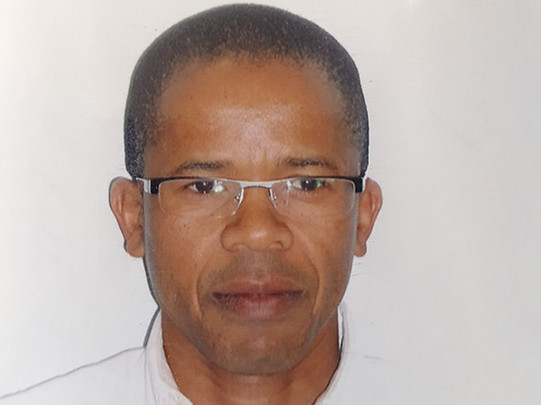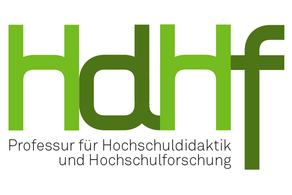Tembile Kulati

Strategic Management of Universities in Transitional Societies: the Case of South Africa
– Vortrag in englischer Sprache –
Datum: Mittwoch, 21. Oktober 2020
Zeit: 16:00–17:30 Uhr
Ort: Online via Zoom
The central proposition of this study is that there has been a shift in the way that research is managed at the strategic management level of South African universities, from what I have referred to as a ‘facilitatory’ approach, to a more ‘directive’ or ‘intensified’ approach. The study interrogates this shift in the strategic management of research by analysing the dynamics of change at three South Africa universities. It is argued that the shift from a facilitatory to a directive mode of research management has been instigated by factors internal and external to universities.
A key assumption of the study is that the changing nature of strategic research management at universities has been primarily in response to the external demands and pressures for change emanating from the external environment of universities. In the South African context, these demands and expectations for change arose from the post-apartheid legislative framework (which was promulgated in 1997) that set the transformation agenda for the South African higher education system. A key part of this of this agenda was for universities to address the challenges of equity and diversity, responsiveness to societal needs, and efficiency. There were also internal dynamics to contend with as well, not least the nature of universities as organisations (of a special type?).
Through the use of multiple case study design, the study examines how universities in South Africa have responded to the external demands for transformation while, at the same time, devising new ways of organising and governing themselves internally in order to be more effective and relevant in a rapidly changing world. The study seeks to contribute to the literature on (higher education) organisational change in societies in transition.
Tembile Kulati is a researcher at the University of Western Cape, South Africa, and a PhD student at the Department of Science, Technology, and Policy Studies (STePS) at the University of Twente, the Netherlands. Previously, he has obtained a Master’s degree in Higher Education Studies from the University of the Witwatersrand in Johannesburg, and an M.Phil in Science and Technology Studies from Stellenbosch University. Mr. Kulati’s research focuses on the governance and leadership and organisational change in Higher Education with a focus on transitional higher education systems.
Forschungskolloquium Hochschulforschung
Zentrum für HochschulBildung (zhb)
Professur für Hochschuldidaktik und Hochschulforschung





